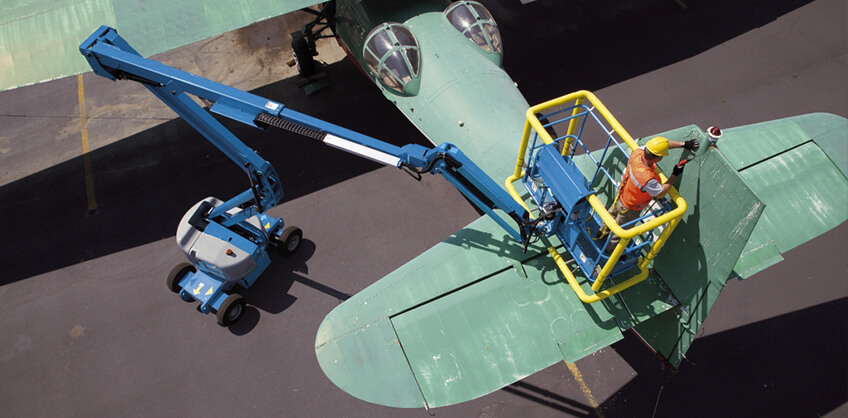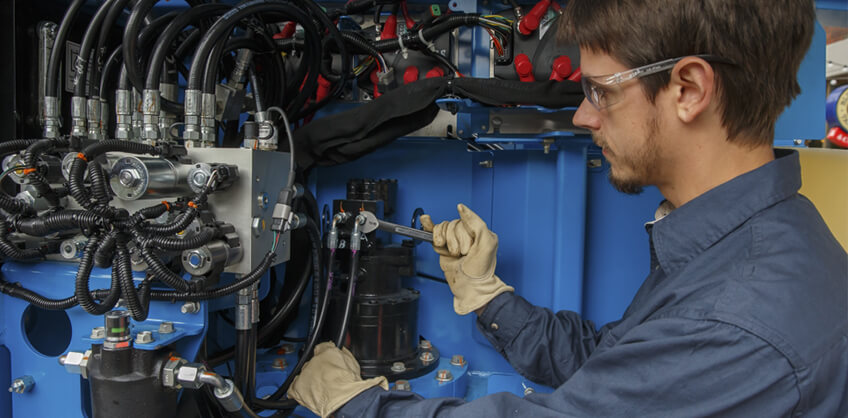How Machine Data Influences MEWP Maintenance and Service
by Christine Zeznick - Director of Product and Business Development On Dec 19, 2019, 03:00 AM
Subscribe To Aerial Pros
Filter by tags
When looking at a machine’s service and repair from that perspective, downtime costs a rental business big time. Improving a service team’s efficiency here can have a dramatic effect on the company’s bottom line. One way to reduce costs associated with service and repair, and improve a service team’s efficiencies, is to utilize new technologies — rental stores are operating their businesses faster and more efficiently than ever before, constantly looking for ways to add value and drive business growth.
Today, technology has evolved to help rental stores understand the information their machines are providing, enabling them to manage their businesses more efficiently.
Telematics today
Today’s telematics programme offers “descriptive” data, allowing rental companies know what’s going on with the machine. When a key user at the rental house sees a critical fault code, for example, he/she can analyze the need and contact the customer to proactively discuss a resolution, helping to maximize machine uptime on the job.
Think about it this way — descriptive data answers today’s question: “What is happening?”
- Hours
- Location
- Machine idle time
- Faults
From a rental company standpoint, a major challenge in the industry today is that there aren’t enough service technicians. Telematics can help alleviate this challenge. For instance, if telematics can save one service call per week for a rental company, that’s worth a lot.
The future of data
Over time, data from telematics can be leveraged on a larger scale and used for “predictive” and “prescriptive” activities, such as predicting failures in the field based on how the equipment is actually being used and proactively prescribing maintenance and service.
To understand this, predictive data answers tomorrow’s question: “What will happen?”
- Predict failures before they occur
- An example would be predicting battery or charger failure for replacement before actual downtime occurs
And, prescriptive data answers the question: “What do I need to do?”
- Recommend action to be taken
- An example would be knowing that the machine needs to be serviced now because of the way it’s being used, and then schedule to perform maintenance on another machine of the same type later because of its usage pattern
Related Posts

Recommending the Right MEWP
In today’s competitive market, we, at Genie, know that it is more important than ever for you to establish and earn your rental customers’ respect as a trusted advisor.
Continue Reading
-terms.jpg?sfvrsn=bb8c032e_21)
A Glossary of Common Mobile Elevating Work Platform (MEWP) Terms
Safety is always job one on aerial worksites.
Continue Reading

Stay Informed about Your MEWP Fleet with Important Genie® Safety and Product Notices
Jobsite safety needs to be a priority for contractors, distributors and manufacturers alike.
Continue Reading


